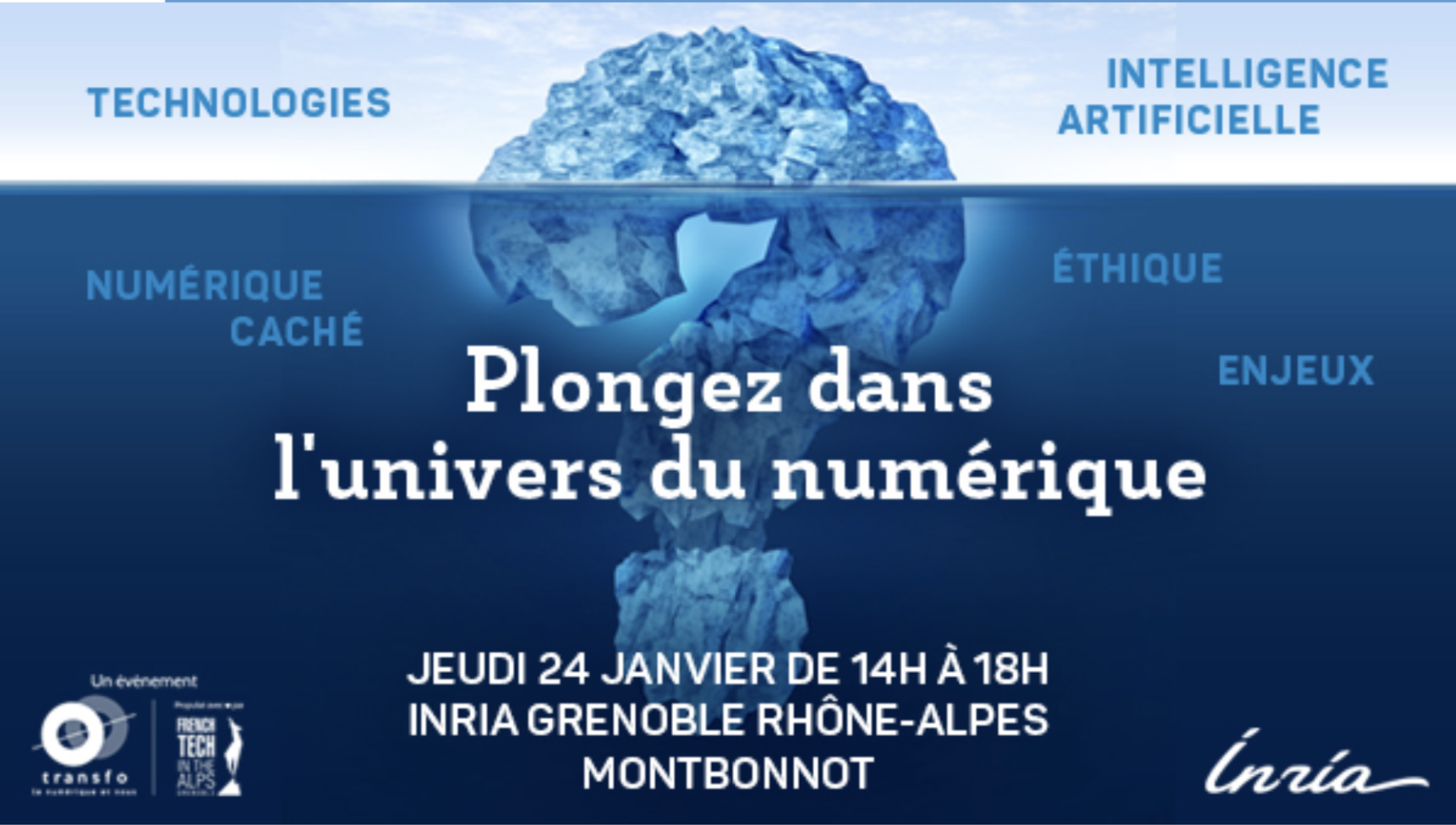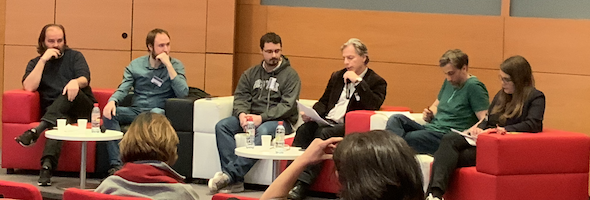2019-01-29
Title: Study and design of data-driven services/microservices discovery mechanisms
Speaker: Houmani Zeina (LIP, Avalon team)
Location: LIP, council room 394 nord 3rd floor
Schedule: 14:30
Abstract:
— English version
Usual microservice discovery mechanisms are normally based on user needs (Goal-based Approaches). However, in today’s evolving architectures, several new microservices can be created. This makes the classic approach insufficient to discover the available microservices. That’s why customers need to discover the features they can benefit from before searching the available microservices in their domain. We will present a data-driven microservice architecture that allows customers to discover, from specific objects, the functionalities that can be exerted on these objects as well as all the microservices dedicated to them. This architecture, based on the main components of classic microservice architectures, adopts a particular communication strategy between clients and registers to achieve the desired objective.
— French version
Les mécanismes de découverte de microservices classiques sont normalement basés sur les besoins des utilisateurs (Goal-based Approches). Cependant, dans les architectures actuelles qui évoluent fréquemment, plusieurs nouveaux microservices peuvent être créés. Cela rend l’approche classique seule insuffisante pour découvrir les microservices disponibles. C’est pourquoi, les clients ont besoin de découvrir les fonctionnalités dont ils peuvent bénéficier avant de rechercher dans leur domaine les microservices disponibles. Nous allons présenter une architecture microservices pilotée par les données qui permet aux clients de découvrir, à partir d’objets spécifiques, les fonctionnalités qui peuvent être exercées sur ces objets ainsi que l’ensemble des microservices qui leur sont dédiés. Cette architecture, basée sur les composants principaux des architectures microservices classiques, adopte une stratégie de communication particulière entre les clients et les registres permettant d’atteindre l’objectif recherché.

 Plongez dans l’univers du Numérique.
Plongez dans l’univers du Numérique.